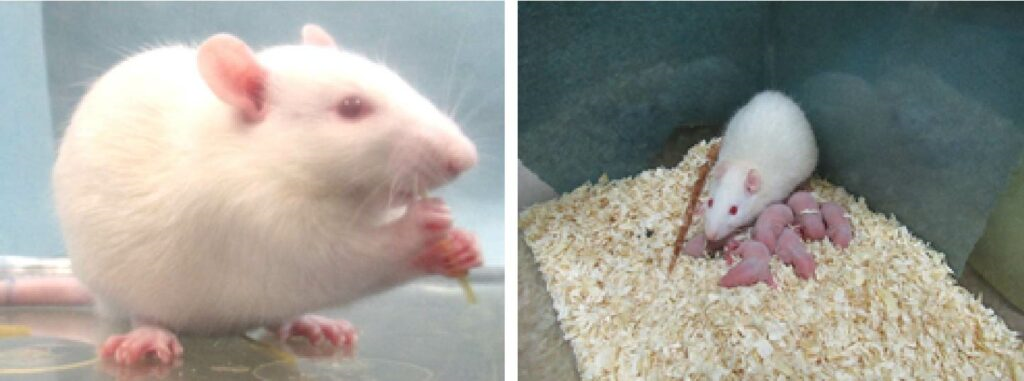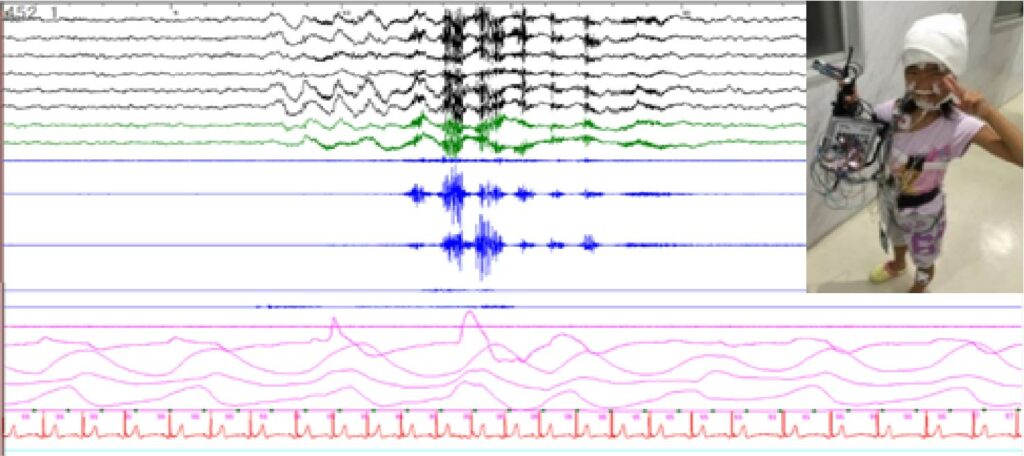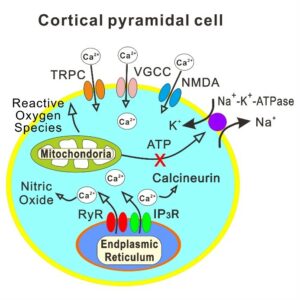Oral Physiology (Department of Oral Physiology)
Oral physiology plays an important role as a discipline that forms the basis of dental care for stomatognathic diseases and dysfunction. The orofacial system, such as chewing, swallowing and speaking plays critical roles in human healthy. However, its mechanisms are complicated and still largely unknown. We are studying mechanisms underlying the normal and abnormal orofacial functions at levels from molecules to whole animals or human subjects by using both in vivo and in vitro neurophysiological techniques. We aim to transfer research results to clinical applications such as development of new preventive and therapeutic methods.

| Professor | Takafumi KATO |
| Associate Professor | Hiroki TOYODA |
| Associate Professor | Ayano KATAGIRI |
| Oral Physiology | HP |
■ Current Research Projects
① Neurophysiology of mastication and sleep-related teeth grinding
Sleep bruxism is a common sleep related disorder characterized by the frequent occurrence of tooth grinding during sleep. However, patients with sleep bruxism do not exhibit abnormalities in oral functions such as swallowing and chewing. Therefore, we are studying the neurophysiological substrates contributing the discrepant roles of masticatory motor system during sleep and wakefulness in animal models. We also conducting polysomnographic study in humans to understand the physiology of oromotor activity during sleep.

② Mechanism of a vicious cycle between pain and sleep problems
Patients with chronic pain often fall into a vicious cycle of the interaction between sleep and pain; the decrease in sleep quality worsens pain symptoms and vice versa. We are trying to clarify the roles of chronic intermittent hypoxia, i.e., sleep apnea, on the development of pain-sleep interaction in animal models by using behavioral, pharmacological, immunohistochemical, and electrophysiological techniques.

③ Development of oromotor functions for ingestion
Mastication, i.e., chewing, is an indispensable oromotor function in which complicate sensory-motor integrations are needed. Currently, neuro-developmental processes acquiring mastication remain unknown. Therefore, we are investigating the influences of environmental changes, such as sleep disturbance, on behavioral, electromyographic and neurobiological aspects of ingestive behavior in experimental animals and in human children.

④ Challenge for sleep database
Recently, an interest on sleep health is growing in the society and SleepTech has been emerged for developing sleep-promoting technologies. We are accumulating the polysomnographic data in humans to establish Japanese sleep database for applying medical and information engineering.

⑤ Information processing mechanisms of oral sensations
The recognition of oral sensations results from the integration of various sensory information, such as taste, olfaction and somatosensory sensations. In this study, we are studying the effects of taste, olfactory and somatosensory disorders on the integration of various sensory information in animals using behavioral, immunohistochemical, electrophysiological and optical imaging techniques to understand the information processing mechanisms of oral sensations.

